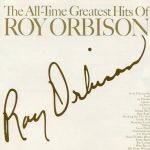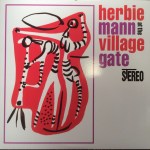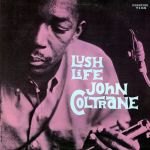Reviews and Commentaries for the Music of Roy Orbison
More Commentary Concerning the Remastered Heavy Vinyl LP
Presenting another entry in our series of Big Picture observations concerning records and audio.
One of our good customers had this to say about some Hot Stampers he purchased recently:
Hey Tom,
I’m going out of my frigging mind on this White Hot stamper of Roy Orbison Greatest Hits. What a piece of sh*t is my DCC test pressing.
Naz
Naz,
I used to like the DCC vinyl too.
Then my stereo got a lot better, which I write about under the heading progress in audio.
Eventually it became obvious to me what was wrong with practically all of the Heavy Vinyl pressings that were put out by that label.
The good ones can be found in this group, along with other Heavy Vinyl pressings we liked or used to like.
The bad ones can be found in this group.
And those in the middle end up in this group.
Audio and record collecting (they go hand in hand) are hard. If you think either one is easy you are most likely not doing it right,, but what makes our twin hobbies compelling enough to keep us involved over the course of a lifetime is one simple fact, which is this: Although we know so little at the start, and we have so much to learn, the journey itself into the world of music and sound turns out to be not only addictive, but a great deal of fun.
Every listing in this section is about knowing now what I didn’t know then, and there is enough of that material to fill its own blog if I would simply take the time to write it all down.
Every album shootout we do is a chance to learn something new about records. When you do them all day, every day, you learn things that no one else could possibly know who hasn’t done the work of comparing thousands of pressings with thousands of other pressings.
The Law of large numbers[1] tells us that in the world of records, more is better. We’ve taken that law and turned it into a business.
It’s the only way to find Better Records.
Not the records that you think are better.
No, truly better records are the records that proved themselves to be better empirically, by employing rigorous scientific methodologies that we have laid in detail for anyone to read and follow.
Being willing to make lots of mistakes is part of our secret, and we admit to making a lot of them
Knowing what I know now, and having the system currently that I’ve put together over the course of the last twenty years or so, I guarantee you the DCC Gold CD is dramatically better sounding than their vinyl release. They almost always are.
Steve Hoffmann brilliantly mastered many classic albums for DCC. I much prefer the DCC’s CDs to their records.
DCC’s CDs did not have to fight their way through Kevin Gray’s opaque, airless, low-resolution cutting system, a subject we have discussed on the blog in some depth here.
[1] Wikipedia on the Law of large numbers:









